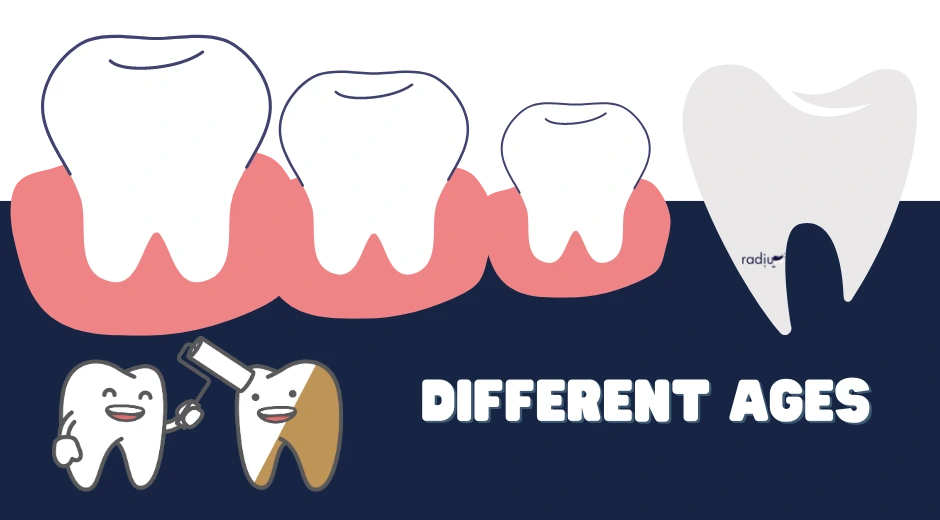Caring for your canine companion means recognizing that their needs evolve as they age. From the exuberance of puppyhood to the wisdom of their senior years, this guide explores tailored canine care strategies for every life stage, ensuring your furry friend enjoys a lifetime of health, happiness, and companionship.
Puppyhood (0-1 Years):
Nutrition: Puppies have rapid growth and development, so a well-balanced diet with appropriate nutrients is essential. Consult your veterinarian for guidance on the best puppy food and feeding schedule.
Training: Early training is vital for puppies to learn basic obedience commands and proper socialization with other dogs and people. Positive reinforcement methods work well during this stage.
Vaccinations: Protect your puppy from contagious diseases by following a vaccination schedule recommended by your vet. Vaccinations are crucial for building immunity.
Exercise: Puppies have boundless energy. Engage them in play, walks, and safe exploration to help them expend energy, develop muscles, and maintain a healthy weight. Avoid excessive high-impact exercise on developing joints.
Adult Dogs (1-7 Years):
Maintain Routine Care: Consistency in veterinary care is essential. Schedule regular check-ups, vaccinations, and dental cleanings to catch any issues early and ensure overall well-being.
Nutrition: Transition your dog to adult dog food, tailored to their size and breed. Monitor their weight to prevent obesity, as it can lead to health problems.
Exercise: Adult dogs still require regular exercise to maintain a healthy weight and mental stimulation. Tailor the intensity and duration of activities to your dog’s breed and individual needs.
Training: Continue training to reinforce good behavior and address any behavioral issues that may arise. Positive reinforcement methods are effective in maintaining obedience and a harmonious relationship with your dog.
Senior Dogs (7+ Years):
Health Monitoring: Senior dogs are prone to age-related issues such as arthritis, dental problems, and organ issues. Regular vet check-ups become even more critical to detect and manage these concerns promptly.
Nutrition: Adjust their diet to meet the changing needs of older dogs. Senior dog food typically contains fewer calories and may address specific health issues. Consult your vet for dietary recommendations.
Exercise: While exercise remains important, opt for lower-intensity activities tailored to your senior dog’s abilities and any mobility issues they may have.
Comfort: Ensure your senior dog’s comfort by providing orthopedic bedding to support achy joints. Consider mobility aids like ramps or harnesses to assist with movement and prevent injuries.
General Tips:
Grooming: Consistent grooming routines are crucial. Brush your dog’s coat regularly to prevent matting and maintain skin health. Trim nails and bathe them as needed.
Dental Care: Dental health is vital at every age. Brush your dog’s teeth regularly, provide dental chews or toys, and schedule professional cleanings as recommended by your vet.
Behavioral Changes: Pay attention to behavioral changes, such as increased lethargy, aggression, or anxiety. These may indicate underlying health issues and should be addressed promptly.
Love and Attention: Dogs thrive on companionship and affection. Spend quality time with your furry friend, offering love, attention, and mental stimulation through interactive play and puzzles. A strong bond enhances their overall well-being.
FAQ’s
1. When should I switch my puppy to adult dog food?
- Transition your puppy to adult dog food based on their breed and size, typically around 12 months. Consult your vet for specific recommendations.
2. How often should I take my adult dog to the vet?
- Adult dogs should have a veterinary check-up at least once a year. However, more frequent visits may be necessary for dogs with specific health concerns.
3. Are there special dietary considerations for senior dogs?
- Yes, senior dogs often require diets with lower calorie content and supplements to support joint health. Consult your vet to determine the best diet for your senior canine companion.
4. Can senior dogs still enjoy exercise and playtime?
- Absolutely! Senior dogs benefit from regular, lower-intensity exercise to keep their joints and muscles healthy. Tailor activities to their abilities and provide mental stimulation through interactive toys.
5. How can I address behavioral changes in my aging dog?
- Monitor your dog’s behavior closely and consult your vet if you notice significant changes. Behavioral changes can sometimes be linked to underlying health issues or pain, which should be addressed promptly.
6. What can I do to ensure my dog has a happy and fulfilling life in their senior years?
- Provide your senior dog with love, attention, a comfortable environment, and regular vet care. Adjust their diet and exercise routine to their changing needs, and cherish the companionship you share.
Conclusion
Caring for your canine companion is a journey that evolves with their age. From the boundless energy of puppyhood to the wisdom of their senior years, understanding the unique needs of dogs at different life stages is crucial for ensuring their health and happiness.
In puppyhood, it’s all about laying a strong foundation with proper nutrition, training, vaccinations, and exercise. As your dog matures into adulthood, routine care, balanced nutrition, continued training, and regular exercise maintain their well-being. When your furry friend enters their senior years, extra attention to health, adjusted diet, lower-impact exercise, and comfort measures become priorities.
General tips such as grooming, dental care, monitoring behavior, and providing love and attention apply throughout their life. Ultimately, the key to a fulfilling canine-human partnership is love, care, and understanding—ensuring your loyal companion enjoys a lifetime of joy and companionship.

